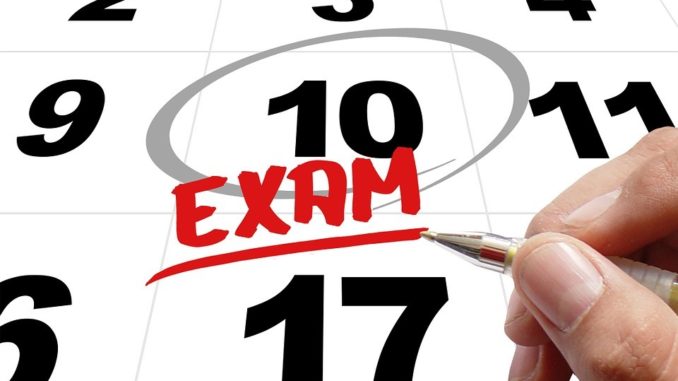
The pilot for testing four and five-year-olds has now ended – how has it been received?
The testing of four and five-year-olds as they begin school has proven to be a hugely controversial move by the Department for Education (DfE). We first reported on this story back in February, when The Guardian revealed that the DfE was forging ahead with its plan despite fierce opposition from teaching unions. At that time, the department was looking for primary schools to volunteer to be part of its assessment pilot, with the aim of introducing the new measure across England in September 2020.
“The reception baseline assessment is a hugely important step forward in ensuring that we can fairly and accurately measure how effectively schools are helping children to progress, while helping to reduce the burden of assessment for teachers,” schools minister Nick Gibb said at the time. Delegates at the National Education Union’s (NEU) national conference were told, however, that the proposed assessments were ‘expensive, damaging and immoral’.
In April children and their families took to Parliament Square to protest the move – something which also involved a 65,000-name petition being delivered to Downing Street. However, the DfE forged ahead with its plans in September this year, regardless of the upset the idea had caused, and 9,000 schools and nurseries across the country are currently testing their young children.
Pupils ‘enjoy’ the assessments?
The test includes elements such as recognising and grouping colours, letters and numbers. In the wake of what many deem to be more difficult-than-ever SATs and GCSEs, there have also been concerns over very young children being demoralised by testing as soon as they begin school – especially as they are taken out of the classroom to do so. When the programme is rolled out nationally, results will be sent to a national database and compared with performances at age 11.
However, a recent story in The Guardian revealed that, just after the pilot ended, headteachers referred to concerns as ‘unfounded’; they claimed that pupils enjoyed the assessments.
Simon Kidwell, headteacher of Hartford Manor primary school and nursery near Northwich, Cheshire, contacted 300 NAHT members for feedback of the pilot. “Nobody mentioned the children getting upset. The feedback was mainly around the cost of providing cover for the adults conducting the assessments, the narrowness of the questions and, in rural areas, problems accessing the internet.”
So, the issue doesn’t seem to be with how children are reacting to the programme – however, funding is a problem. Kidwell has estimated that cover for school staff costs around £600 per school, or £6m nationally; added to this is the £11m the DfE is spending on developing these assessments.
While the programme has gone down a lot better than expected, some teachers have questioned whether the narrow measure of maths and English can assess a child’s willingness and ability to learn. Beatrice Merrick, the chief executive of Early Education, says teachers should be settling children in at this early stage – not taking them out of class to collect data for the government. “We have feedback about it being demoralising for children who are being asked to do things they can’t be expected to do, such as complete number sentences,” she says.
An uncaring system
The pressure group More Than a Score, which campaigns against ‘a system that cares more about measurement than education’, warns that the focus on a narrow range of knowledge and skills is likely to have a knock-on effect. Its survey of teachers, towards the end of the pilot period, found widespread criticism. “If children did not know the initial letter sounds because they had not been taught them, they still had to read the word ‘sun’ which is ridiculous – their first experience of school is being not able to do things,” said one teacher.
Another said, “We are pretty much having to ignore the whole class while we do them. They are cold and military.”
However, another opinion has come to light regarding the programme’s effectiveness; Claire Edgeley, headteacher of Over Hall community school in Cheshire, says the new testing is actually fairer for schools like hers due to testing children as they arrive. “This is my home town, and I hold it dear to my heart, but we serve an area which is in the top 5-10% in the country for deprivation. At the moment we are doing our own baseline assessment of how our children are doing for their ages. We would love it if the new baseline could provide more information to benchmark the children, showing their starting points, so we would no longer have to double up with our own assessments.”


Be the first to comment